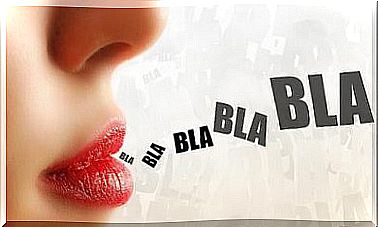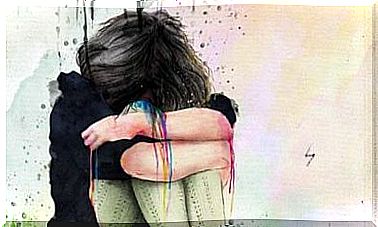Nine Theories For Better Education By Jerome Bruner
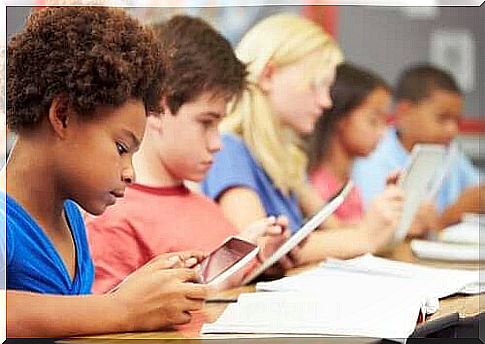
Psychologist Jerome Bruner is one of the authors of a revolution in cognitive psychology in accordance with classical computational paradigms. His theories of better education provide his perspective on how education should be improved. From his point of view, psychology had fallen into an overly computational and mechanical paradigm.
To counteract this, Bruner advocated a discipline based on cultural psychology. His argument was that no brain activity is independent of its social context when it occurs. For Bruner, it was impossible to understand what is happening in the mind without reporting a cultural context.
Bruner made major contributions to educational psychology – everything from cognitive psychology to learning theories. Jerome Bruner analyzed the consequences of cultural psychology on education. With that, he tried to make changes in an education system based on reductionist ideas and memorization. Bruner wanted constructivist, individually focused education.
To achieve this , Jerome Bruner proposed nine theories through which educational psychology would be adapted to improve the education system. Without further ado, let’s take a closer look at his theories.
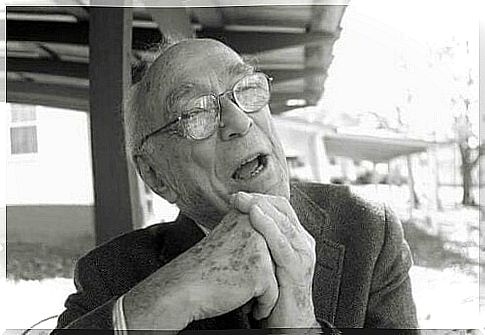
Jerome Bruner’s theories for better education
The theory of perspectivism for better education
Let’s first talk about one of the main ideas behind Bruner’s concept. He believed that all knowledge is created in relation to the perspective on which it is based. The meanings are not absolute or objective.
They largely depend on the point of view of the subject. Understanding the meaning means understanding it along with all the other possibilities. They will be correct or incorrect depending on the perspective of the context.
The interpretations of meaning will show us the accepted ways of constructing reality within a culture. Individuals then interpret these ways through their own cognitive filter. In that way, we ultimately have constructions that are similar, but at the same time unique.
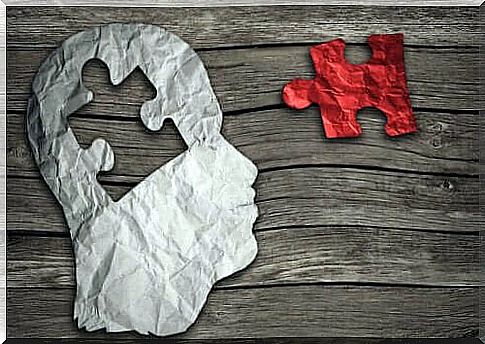
The theory of limitation
The next theory is about the existing limitations of meaning-making. Jerome Bruner talked about two important boundaries that come into play when we create meaning :
- The first is inherent in how man works. Our evolutionary process has specialized in feeling, thinking, understanding and perceiving in specific ways.
- The second limitation refers to those set by the symbolic system. This is the system we use to perform mental operations. The Sapir – Whorf hypothesis is the basis for this limitation. It confirms that language affects how you express or formulate thoughts.
The theory of constructivism theory for better education
When we talk about the construction of knowledge and the creation of meaning, we must start from a constructivist paradigm. Constructivism tells us that the reality we live in is a construction. In the words of Nelson Goodman, “reality is created, it is not found.”
Consequently, society should base education on helping children acquire the cultural tools they need to create meaning in a critical and adaptive way. It can be said that the education system should produce good knowledge architects and builders. It should not be easy to just impart knowledge.
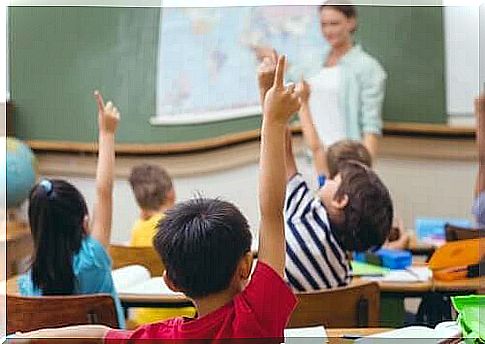
The interaction theory
Exchange of knowledge, as in all human communication, assumes that there is an interacting community of people. For example, children learn about culture and worldview from their interactions with others. People often say that this cohesive society is born out of the possibility of using language.
But it is actually due to the strong intersubjectivity between individuals. The human ability to understand other people’s minds forms the basis of this intersubjectivity (a theory of the mind).
The theory of externalization for better education
This theory is based on the idea that the goal of all collective cultural activity is to create “works” or external products. Therefore, the advantage of externalizing culture is to create a social identity. This identity promotes collective solidarity.
These externalized works create a group of shared mindsets. As a result, cooperation towards a common goal becomes easier. The use of externalizations (eg books) is the basis of the education system. The system uses books to convey how we should act. And that in turn depends on the culture in which the education system exists.
The theory of instrumentalism
Education has consequences. It does not matter how we educate or what the culture is. It affects the lives of those who receive it. We also know that the consequences are instrumental for humans. In the same way (in a less personal sense) they are instruments of culture and its various institutions.
This theory emphasizes that education is never neutral. It always has social and economic consequences. These consequences are of instrumental benefit to certain governments or other authorities. Education then becomes a political subject in its broadest sense.

Institutional theory
Jerome Bruner’s seventh theory is institutional. He said that when education is institutionalized in the developed world, it behaves as institutions behave. The role that education plays, however, differs from that in other institutions. Its aim is to prepare children to participate more actively in other institutions related to culture.
Consequently, the institutionalization of education has many consequences for education itself. Thus, the nature of the education determines the functions that each actor in the education has. It also determines the status and respect they receive.
The theory of identity and self-esteem for better education
Perhaps the most universal element in the human experience is the phenomenon ” I “. Another way to describe it is “self-concept” or “self-awareness”. We feel like ourselves because of our own internal experience.
We also acknowledge that there are other “I” in the minds of others. Some branches of social psychology believe that self-awareness occurs only because the identities of others exist.
Therefore, education plays an important role in the formation of self-awareness and self-esteem. Therefore, it is important that the education system takes into account the consequences of formal instruction for the formation of personal identity.

Narrative theory
Finally, we have the theory of narrative. This theory refers to ways of thinking and feeling, specifically in the ways that individuals think and feel when they create the individual world they live in.
For Jerome Bruner, an essential part of this process is storytelling capacity when creating stories. In fact, this is one of Bruner’s greatest contributions to psychology. He drew attention to the significance of the story in cultural psychology.
People have always assumed that the ability to tell comes naturally and does not need to be taught. But if you look closer, you see that it is not really true. In fact, education significantly changes people’s ability to tell stories, as well as the quality of their stories. This is why it is important to examine and observe the influence that the education system has on the narrative.



